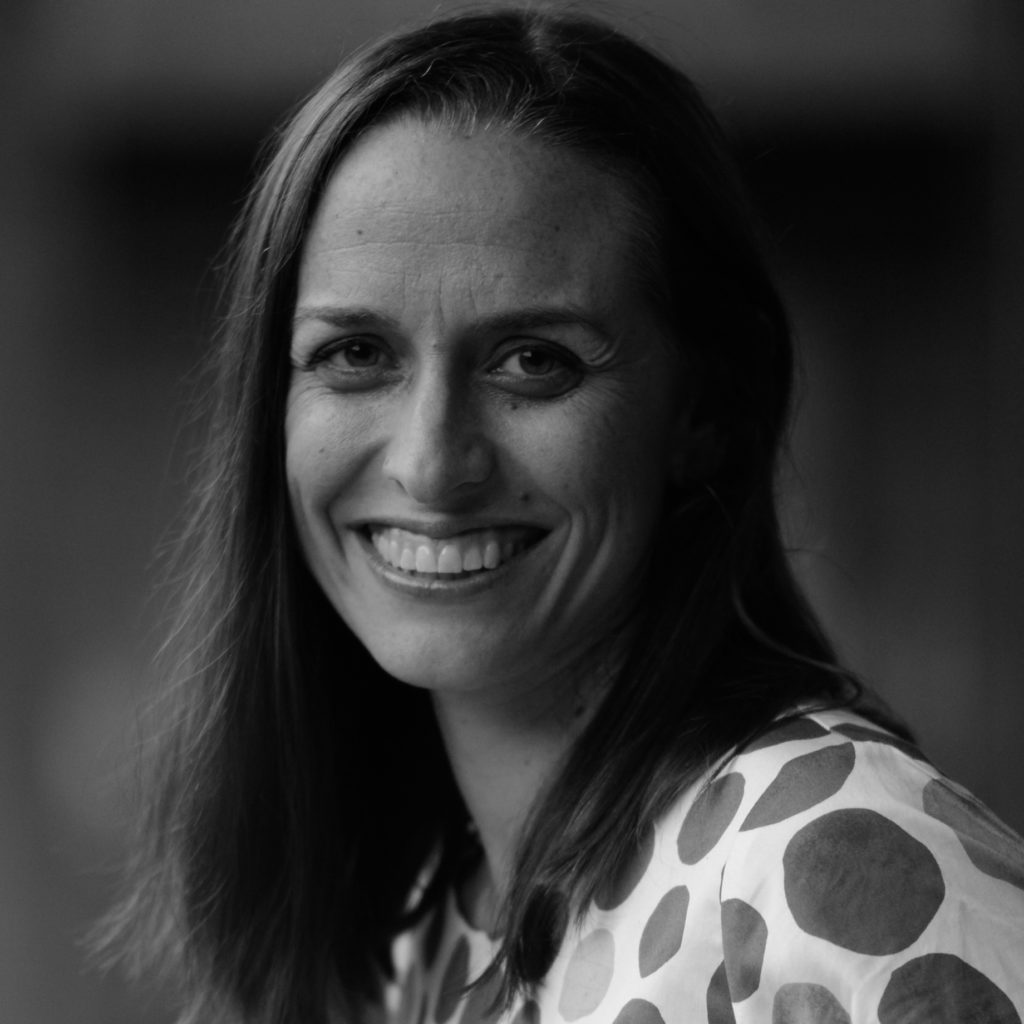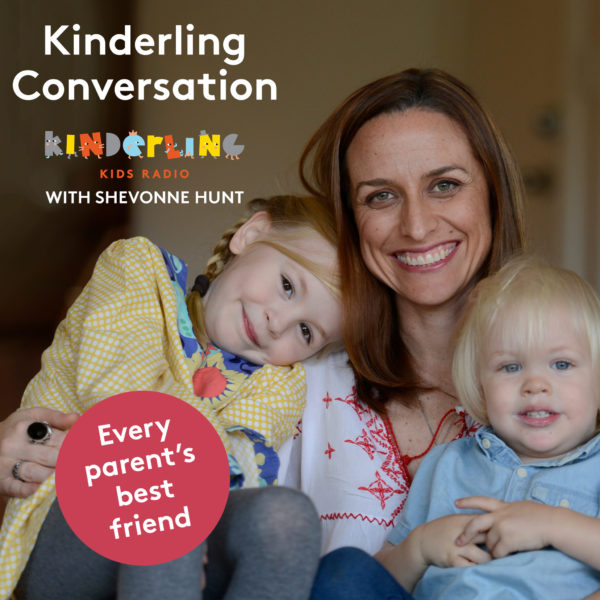Shevonne Hunt is the presenter of Kinderling Conversation, a daily parenting show on Kinderling Kids Radio. She spoke to us about following her intuition, becoming more herself on radio, and the appeal of being able to construct your own story.

What piece of audio has had the most profound effect on you – as a listener, as an audio maker or both?
This is going to sound very egocentric, but it would have to be the first story I ever made as a journalism student at UTS. It was about the lack of housing for families, I traveled to some crisis accommodation on the very outskirts of Sydney. I didn’t know a lot about what I was doing, but getting in front of people who so openly shared their story … mixing it, then hearing it back as a piece of radio … it was raw and real and heartfelt. I fell in love with the medium – hook, line and sinker. It changed my life in the sense that I decided then that I wanted to pursue radio as a career.
Where did the idea for Kinderling Conversation come from?
Kinderling Kids Radio is a station for families with children from 0–6 years of age. We wanted a show for the parents and carers of those children, something like a really smart, non-judgmental best friend. The idea is to get the most qualified experts to chat about parenting, with practical advice and inspiring stories for families who have young children.
What’s your favourite part of making radio?
Before I started at Kinderling Conversation I made features. Creating radio pieces is my favourite part of working with audio. I love to go out and do the interviews, capture the atmosphere of where I’m recording, and then mix it together to tell the story. There is something creative and powerful about being able to edit your own piece together.
For our current podcast my favourite part is meeting all the amazing and passionate people involved in raising children. It’s very inspiring.
What is the hardest part of producing your podcast?
The hardest part of producing the podcast is time restraint in getting content together, though I work with one permanent executive producer and we sometimes have casual producers, so I really can’t complain. Daily shows chew through a lot of content, so I don’t get a lot of time to go out on location (though that’s not ‘hard’ really, just something that makes the podcast sound more interesting).
What’s the best advice you’ve received about radio?
The best piece of advice I received about radio was from Sherre DeLys. Sherre helped me with a feature I did for Radio National’s Into The Music. She was directing me while I read my script, and she really helped me live it. She helped me be more ‘me’ if that makes sense. She gave me the confidence to stop trying to please others with my work, and to follow my intuition.
Then, coming to Kinderling Radio, my executive producer Sally Knight really encourages me to be myself. I think being yourself is really important in radio – it’s such an intimate medium, you really can’t fake it. I either love or hate podcasts based on the people who host them. Sally gives me the confidence to follow through on being myself, and trying to connect with the audience that way.
I think being yourself is really important in radio – it’s such an intimate medium, you really can’t fake it. I either love or hate podcasts based on the people who host them.
Another great piece of advice was from another colleague at Radio National was that ‘radio is ephemeral’ – I use that a lot to calm down nervous guests.
What has been your biggest lesson as a producer so far?
Pre-interviews – if only to check that your talent is a good talker; are worth the five minutes. Don’t forget to record atmos. Facial cues to presenters as well as guests encourages good performances and conversations.
If you could go out to dinner with any audio maker, who would it be – and what would you talk about?
Richard Fidler. His intros never fail to hook me in to a conversation … and then the conversations are amazing. I keep meaning to take notes on how he does it, but I’m so immersed in the interview I forget to pay attention. That’s good radio!
What are you listening to at the moment?
I get a bit obsessive about podcasts. I was listening to The History Chicks, now I love Stuff You Should Know. I also really enjoy the TED Radio Hour, will dip back into This American Life and quite like one called Secular Buddhism.
What’s your favourite Australian podcast, and why?
It would have to be Conversations with Richard Fidler. So many interesting people, and he really gets to the heart of their story.
What do you think is unique about Australian audio?
It’s so important to tell our own stories. There are so many popular American and English podcasts, but Australians have a great story telling tradition, and are making great audio too. It’s unique because it’s ours.
It’s unique because it’s ours.
What’s next for you as a producer?
I love presenting Kinderling Conversation. We’re a small team so I get to keep my finger in the producing pie, and occasionally do some small features. We’re doing our first outside broadcast soon at a kids’ festival in Sydney, so it will be really interesting to see how that sounds as a national broadcast. Next on the agenda is to get some time and perspective from the rush of daily producing to work out our next steps!
